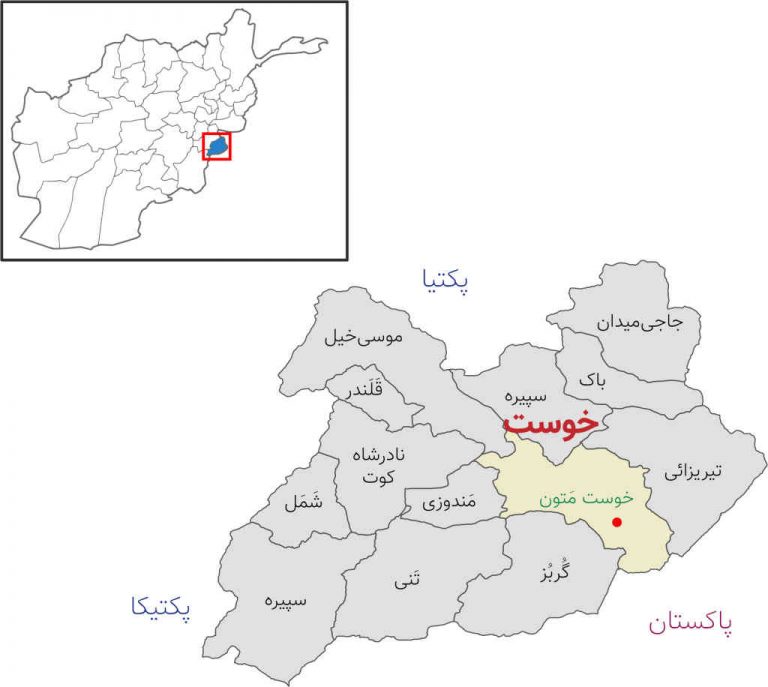RASC News Agency: The United Nations Security Council reports that the collaboration and support between Al-Qaeda, the Afghanistani Taliban, and the Pakistani Taliban (TTP) have significantly increased. According to the report, these groups, under the umbrella of “Tehrik-e-Jihad Pakistan,” are conducting deadly attacks using shared personnel and training camps in Afghanistan. In its latest findings, the UN Security Council noted that the cooperation between Al-Qaeda, the Afghanistani Taliban, and the TTP could evolve into a broader network for other terrorist groups. The report warns that the potential merger of the Pakistani Taliban and Al-Qaeda’s Indian Subcontinent branch could intensify threats against Pakistan, India, Myanmar, and Bangladesh.
The report highlights concerns raised by two Security Council members regarding attacks by “Majid Brigade,” affiliated with the Baloch Liberation Army, targeting Gwadar Port and a naval airbase in Turbat, Pakistan. These incidents were interpreted as warnings aimed at driving out foreign investors from the country. One member country reported that Al-Qaeda has facilitated cooperation between the Pakistani Taliban and Majid Brigade. Another member expressed concern that any linkage between the Pakistani Taliban, Majid Brigade, and ISIS-Khorasan in Afghanistan could escalate attacks in Pakistan’s Balochistan and Sindh provinces.
The Security Council further stated that Al-Qaeda is seeking to strengthen ties with non-Afghanistani-origin terrorist organizations, especially the Pakistani Taliban, to gain influence in the region. Despite lacking the capacity for large-scale international operations, Al-Qaeda is intensifying its cooperation with regional groups such as the Islamic Movement of Uzbekistan, Ansarullah of Tajikistan, and the Pakistani Taliban. In its latest report, the UN Security Council’s sanctions committee warned that increased cooperation between Al-Qaeda and the Pakistani and Afghan Taliban could transform the TTP into a trans-regional threat. The report also revealed that several Al-Qaeda commanders have been traveling to Afghanistan, secretly organizing attacks and training forces.
These commanders are reportedly traveling from the Middle East through Mashhad, Zabul, Nimroz, Islam Qala, Torghundi, and Zaranj in Herat. Several Council countries have also reported the entry of Arab Al-Qaeda commanders, with historical ties to the Taliban, into Afghanistan’s Kunar and Nuristan provinces. Additionally, the report highlights the presence of a senior Al-Qaeda leader in the Afghanistan provinces of Maidan Wardak and Sar-e Pol. The UN also noted that two Al-Qaeda leaders recently migrated from Yemen to Afghanistan.
The Security Council also revealed that some Al-Qaeda members hold positions within the Taliban’s administration. Notably, Abdul Azim bin Ali, a Libyan Al-Qaeda commander, is an advisor to Sirajuddin Haqqani, the Taliban’s Minister of Interior. However, the report provides no further details about bin Ali. The Council also noted that some Arab travels to Afghanistan under the pretext of hunting are largely related to Al-Qaeda activities. The UN report states that the Pakistani Taliban, with the consent and, at times, support of the Afghanistani Taliban, has expanded its attacks in Pakistan, primarily targeting military installations. The report indicates that the TTP’s camps, supported and facilitated by Al-Qaeda and the Afghanistani Taliban, are focused on training local Afghanistani fighters and Pakistani Taliban militants.
The report also details that the TTP has used U.S.-leftover weapons in Afghanistan to target Pakistani border and military outposts. According to several Security Council countries, Al-Qaeda’s Abu Akhlas al-Masri has been actively collaborating with Jamaat-ul-Ahrar (a TTP affiliate) to train suicide bombers in Kunar. Furthermore, Al-Qaeda is reportedly facilitating the procurement of weapons and suicide vests for the Pakistani Taliban.






